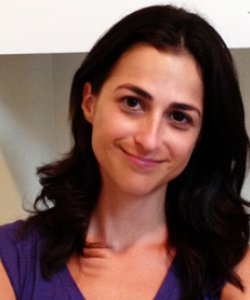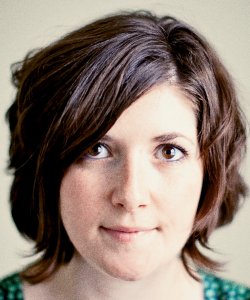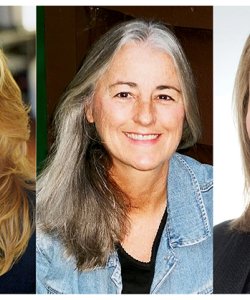Agent Advice: Rebecca Gradinger of Fletcher & Company

Literary agent Rebecca Gradinger explains why writers need agents and offers tips about best practices for finding one.
Jump to navigation Skip to content

Literary agent Rebecca Gradinger explains why writers need agents and offers tips about best practices for finding one.
The editors of Arcadia offer tips on how to submit to their biannual journal of poetry, prose, drama, and art.

After a hotly contested auction among ten major publishers, twenty-eight-year-old Claire Vaye Watkins’s debut story collection, Battleborn, has arrived.
Fiction writer Jami Attenberg shares her experience using social-media platform Tumblr and offers advice to authors who want to get started themselves.

Three authors who followed very different paths to publication in 2011 speak about what they learned after their books were published, including hard lessons about publicity and reviews, readings and events, and advertising and sales.

Three debut authors compare notes about everything from working with an editor to choosing a cover.
With podcasts, live chats, and blog interviews gaining in popularity, the traditional cross-country promotional book tour seems to be losing ground to its virtual counterpart. Contributing editor Jeremiah Chamberlin reports on how the National Writers Series in Traverse City, Michigan, is bucking the trend and filling a need for face-to-face conversations between writers and their readers.
Eduardo C. Corral became the first Latino to receive the prestigious Yale Prize for Younger Poets when his debut, Slow Lightning, was selected by Carl Phillips as winner of the 2011 award.

The agent of Jami Attenberg, David Mitchell, Carolyn Parkhurst, Matthew Quick, and others offers guidance about publishing credits, MFA programs, and unagented submissions.
For many authors, the long-awaited launch of a book into the world can be accompanied by doubt and disappointment rather than a sense of ultimate accomplishment. Novelist Kim Wright offers some valuable advice that can help new authors ride the postpublication ebb and flow.